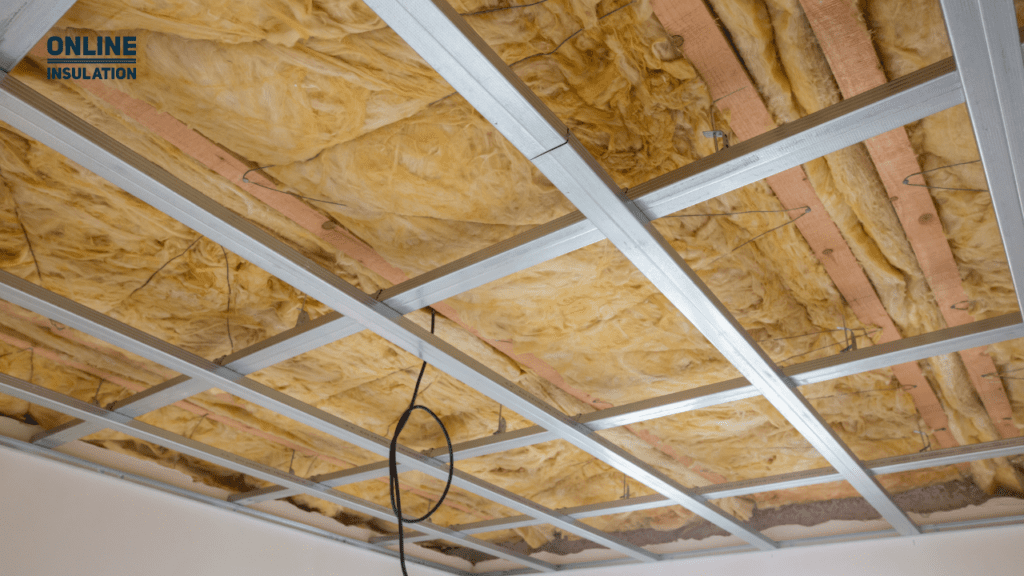The Hidden Liabilities of Neglecting Building Insulation in Commercial Real Estate

Maintaining a successful commercial property requires attention to numerous details, and the performance of a building’s insulation is a critical factor that can significantly impact both financial and operational health. Too frequently, the state of building insulation is considered secondary, yet its influence on a building’s efficiency and regulatory compliance is substantial. This article explores the tangible and less obvious problems that arise from neglecting insulation in commercial properties.
I. The Financial Burden: Direct and Indirect Costs
A primary consequence of inadequate insulation is the direct effect on operational expenses. When a building struggles to maintain a stable internal climate, energy consumption rises sharply. This increase manifests as higher utility bills, a drain on resources that directly affects profitability. Studies demonstrate that poorly insulated buildings can consume up to 40% more energy than those properly insulated. This figure represents a considerable financial loss over time.
Beyond direct energy costs, the impact extends to the building’s mechanical systems. Heating and cooling equipment, forced to work harder, experience increased wear. This leads to more frequent repairs and a shortened lifespan for these vital components. For instance, consider a building with an uninsulated roof. In summer, the air conditioning struggles to maintain a comfortable temperature, potentially leading to system failure during peak demand.
Tenant satisfaction also suffers. In a competitive market, tenants expect comfortable and energy-efficient spaces. Uncomfortable environments contribute to tenant turnover and make attracting new occupants more challenging. A tenant experiencing extreme temperatures in their workspace is likely to seek alternative locations, affecting occupancy rates.
Furthermore, ignoring insulation leads to ongoing maintenance costs. Moisture-related damage, such as mould and damp, necessitates frequent repairs. These issues not only affect the building’s structural integrity but also create health risks for occupants.
II. Navigating Legal and Regulatory Challenges
Commercial property owners face a complex landscape of legal and regulatory requirements. UK building regulations and energy efficiency standards, such as EPCs, are in place to reduce carbon emissions. Failure to comply can result in fines and legal action. As environmental regulations evolve, properties lacking adequate insulation may face further restrictions.
Property owners also have a duty to provide safe environments. Poor insulation can lead to conditions that compromise occupant health, such as mould and damp. These issues can trigger legal liabilities.
Marketability and property value are also affected. In today’s market, energy efficiency is a key consideration for tenants and buyers. Properties with poor energy performance may be less attractive, impacting their value.
Environmental responsibility is also a factor. Businesses are increasingly expected to demonstrate commitment to sustainability. Neglecting insulation can damage a company’s reputation and create a competitive disadvantage.
III. The Impact on Structural Integrity
Poor insulation can compromise a building’s structure. Moisture-related problems are common in poorly insulated buildings. Condensation, which occurs when warm air meets cold surfaces, can lead to mould growth and damage building materials.
Temperature fluctuations and moisture can weaken building materials over time. Repeated freeze-thaw cycles, for example, can damage masonry.
Interior finishes and fixtures are also at risk. Humidity and temperature variations can damage materials such as drywall and flooring.
The building envelope, the barrier between interior and exterior, is critical. Thermal bridging and air leakage, which are common in poorly insulated buildings, reduce efficiency.
IV. Business Operations and Reputation
The impact of poor insulation extends to business operations. Thermal comfort significantly affects employee productivity. Uncomfortable workspaces can lead to absenteeism and decreased morale.
Sensitive inventory and equipment can also be damaged by temperature and humidity fluctuations.
Sustainability is a growing consideration. Neglecting insulation can damage a company’s reputation and create a competitive disadvantage.
V. Taking a Proactive Approach
Addressing insulation issues requires a structured approach. An insulation audit can identify areas for improvement.
Upgrading insulation involves selecting appropriate materials and ensuring proper installation.
Building management systems can monitor and control energy usage.
Regular inspections and maintenance are essential for long-term effectiveness.
Conclusion:
Ignoring insulation in commercial buildings creates a range of problems, from financial losses to legal liabilities and structural damage. By taking a proactive approach, property owners can protect their investments and create more sustainable and efficient spaces.
At Online Insulation, we understand the importance of high-quality insulation for commercial buildings. We offer a wide range of insulation products from leading brands, including Celotex, Kingspan, Rockwool, Isover and Knauf. Our team of experts can help you select the right insulation solutions to meet your specific requirements, ensuring optimal thermal performance and regulatory compliance. Visit our website today to explore our extensive product range and request a quote. Invest in your building’s future with Online Insulation.


























